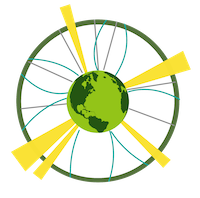Keynote speech on climate change and global effects - Dr. Ruth Wood

Dr Ruth Wood is a Senior Lecturer in Environment and Climate Change, and a Research Fellow with the Tyndall Centre for Climate Change Research and the Centre for Climate and Social Transformations. Her research interests include the relationship between zero carbon, society and infrastructure and its effect on demand, justice and resilience to future climate change impacts. She was a lead author for the UK Climate Change Risk Assessment Technical Reports 2022 and part of the Climate Services for a Net Zero Resilient World NOW consortium to inform UK climate policy.
Towards a sustainable design of future colliders - Dr. Caterina Vernieri
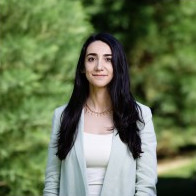
Caterina Vernieri received her PhD from the Scuola Normale Superiore in Pisa, Italy, in 2014 and then moved to Chicago for a postdoctoral fellowship on the CMS experiment at the Fermi National Accelerator Laboratory. She joined SLAC in 2018 as a Panofsky Fellow and moved to the ATLAS experiment, and in 2022 she became Assistant Professor. Throughout this time, she has been devoted to studying the Higgs boson using data from the LHC. She is responsible for the integration activities at SLAC of the new ATLAS Pixel Inner Tracker detector. She was also co-convener of the group on Higgs boson properties in the US national study of the future of particle physics and currently co-leads the development of the Cool Copper Collider (C³), a next-generation linear collider concept.
Sufficiency: Toward a Physics-Inspired Economics - Prof. Yamina Saheb
 Yamina SAHEB is a lecturer and researcher at Sciences Po (Paris), a co-founder of the World Sufficiency Lab, a lead author of the IPCC AR6 on climate change mitigation, a Senior fellow at OpenExp and a guest researcher at the University of Lausanne.
Yamina SAHEB is a lecturer and researcher at Sciences Po (Paris), a co-founder of the World Sufficiency Lab, a lead author of the IPCC AR6 on climate change mitigation, a Senior fellow at OpenExp and a guest researcher at the University of Lausanne.
Prior to this position, Yamina was a Senior Fellow Researcher at the University of Münster and previously a Senior Researcher at the University of Lausanne. In 2018, Yamina was the head of the energy efficiency unit at the Energy Charter Secretariat. Before that, she was a Policy and Scientific Officer at the Renewables and Energy Efficiency Unit at the Institute of Energy and Transport of the Joint Research Centre (JRC) of the European Commission (EC). She also worked as a senior buildings energy policy analyst at the International Energy Agency.
Yamina holds a Ph.D in Energy Engineering, Master’s degrees on Landscape Architecture and Development Economics and an Engineering degree in Building technologies.
Sustainability and carbon emissions of future accelerators - Prof. Kenneth Bloom
Ken Bloom is Willa Cather Professor and Chair in the Department of Physics and Astronomy at the University of Nebraska-Lincoln, and also serves as U.S. CMS Operations Deputy Manager. During the U.S. particle physics community “Snowmass” study of 2021-22 he co-led a working group on the societal impacts of particle physics, which led to his deeper involvement in issues around particle physics and climate change. He is a co-author of a new paper on this topic that will be published in Annual Reviews of Nuclear and Particle Physics this year.
Economics of climate change mitigation - Prof. Julia Steinberger
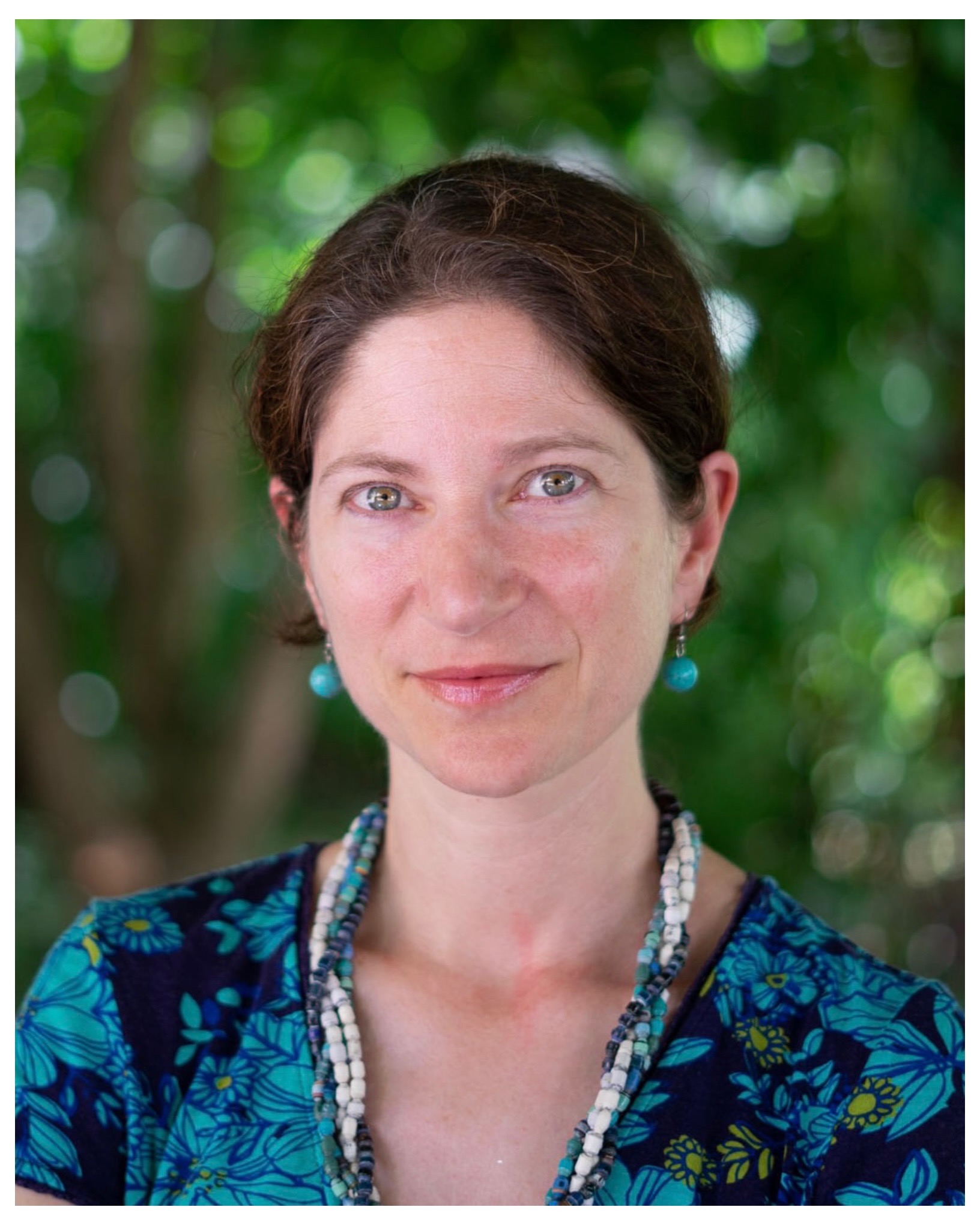 Professor Julia Steinberger researches Ecological Economics at the University of Lausanne in Switzerland. After a PhD in experimental physics, Professor Steinberger moved to the interdisciplinary areas of industrial ecology and ecological economics, first as a postdoc at the universities of Lausanne and Zurich, then in Vienna at the Institute of Social Ecology, and subsequently as a professor at the University of Leeds in the UK. Her research examines the connections between resource use (energy and materials, greenhouse gas emissions) and societal performance (economic activity and human wellbeing). From 2017 to 2022, she was the recipient of a Leverhulme Research Leadership Award for her research project ‘Living Well Within Limits’, investigating how universal human well-being might be achieved within planetary boundaries. Since 2023, she co-leads the EU ERC Synergy grant “REAL- A Post-Growth Deal” on post-growth societies. She is Lead Author for the IPCC’s 6th Assessment Report with Working Group 3.
Professor Julia Steinberger researches Ecological Economics at the University of Lausanne in Switzerland. After a PhD in experimental physics, Professor Steinberger moved to the interdisciplinary areas of industrial ecology and ecological economics, first as a postdoc at the universities of Lausanne and Zurich, then in Vienna at the Institute of Social Ecology, and subsequently as a professor at the University of Leeds in the UK. Her research examines the connections between resource use (energy and materials, greenhouse gas emissions) and societal performance (economic activity and human wellbeing). From 2017 to 2022, she was the recipient of a Leverhulme Research Leadership Award for her research project ‘Living Well Within Limits’, investigating how universal human well-being might be achieved within planetary boundaries. Since 2023, she co-leads the EU ERC Synergy grant “REAL- A Post-Growth Deal” on post-growth societies. She is Lead Author for the IPCC’s 6th Assessment Report with Working Group 3.
Integrating sustainability within the HEP community -Saki, the Artist
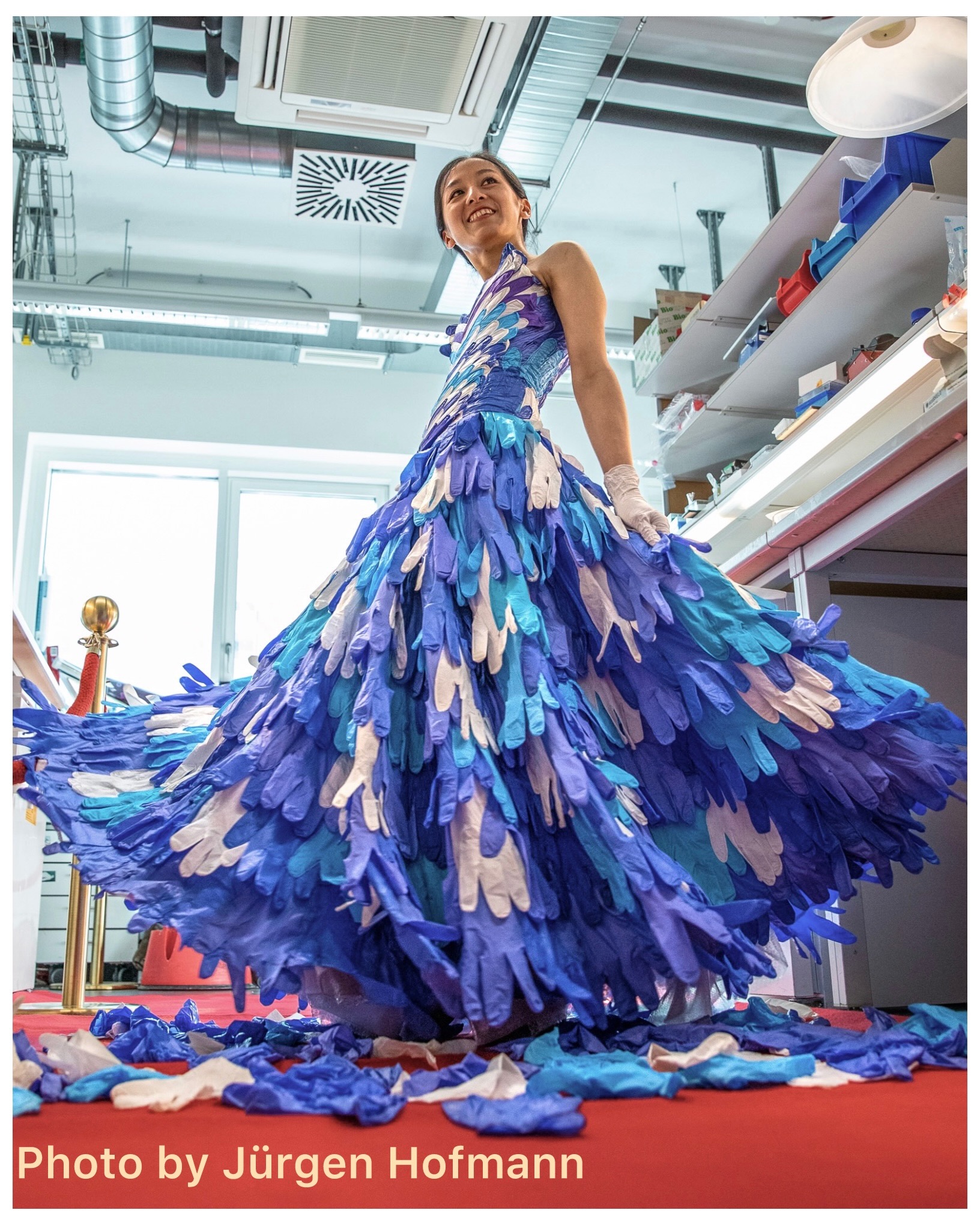
Saki is an artist from California. With a background in molecular biology and music from UC San Diego, she has explored various career paths, from biotech scientist to vegan bakery owner to cosplay arts teacher. During the pandemic, she entered a local art competition and won first prize, which prompted her to follow her lifelong dream of becoming a professional artist. Saki leverages her diverse experiences to bring an interdisciplinary approach to her art. As a culinary artist, she learned the value of sourcing ethical materials and using art as a medium to communicate the need for environmental awareness. As a scientist, she developed an analytic mind and attention to detail for design and execution. Saki's work emphasizes innovative reuse of materials, transforming items like single-use plastics and secondhand garments into unexpected fashion pieces and sculptures. In 2023, Saki moved to Austria to establish herself as an international artist as well as to further develop and specialize her craft. She is currently collaborating with science institutes to use art to promote eco-friendly research practices. Her art pieces made from upcycled laboratory waste spark interest and conversation among scientists and encourage them to engage in local sustainability programs.
Charting the Path Ahead: Insights from Global Physics Laboratories (North America and South America timezone)
Dr. Denise Völker - DESY's sustainability and energy management unit lead
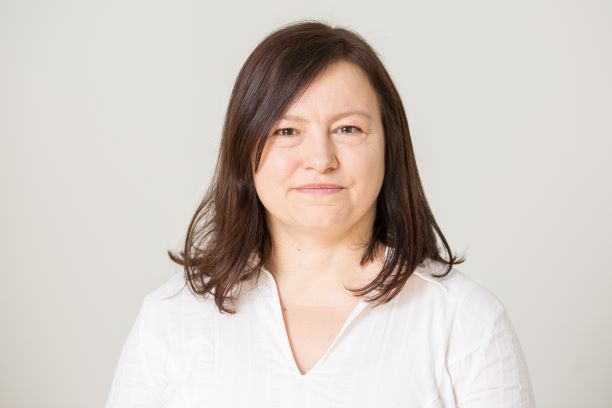
Denise Völker (*1973) has been active in the environmental and sustainability business since 1999. She is not only an engineer but also holds a doctorate in political science. Her work for Greenpeace has taken her to the Amazon Basin and the depths of Siberia. She leads DESYs sustainability and energy management unit since 1999.
Prof. Dave Newbold - Director of National Laboratories for STFC

Professor Dave Newbold is Executive Director of National Laboratories for STFC, with responsibility for science and technology departments and strategy. His portfolio includes: science delivery and support in particle physics, astronomy, and accelerator physics; large scale and advanced computing, including quantum technology and AI; and engineering support for a wide range of projects. Over 1500 scientists, engineers, technicians, computing specialists, and other professionals work in these areas, inventing, building, and operating the most complex scientific infrastructures in the world.
Dave is an internationally recognised experimental particle physicist with leadership experience at national and international level. He has over thirty years of experience in constructing and exploiting large and complex scientific experiments. His technical expertise is in the development of high performance data acquisition and processing systems, where he has led international teams on several projects, including the CMS experiment at CERN that co-discovered the Higgs Boson. Until 2024, he was chair of the European Laboratory Directors Group.
Prof. Thomas Planche - Head of the Beam Physics & Delivery Department
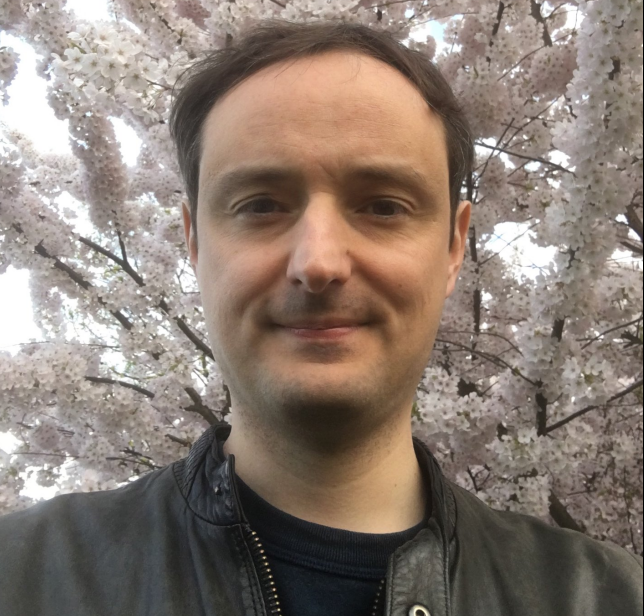
Thomas is a Research Scientist at TRIUMF, Head of the Beam Physics & Delivery Department, and an Adjunct Professor at the University of Victoria. He has been working at TRIUMF since 2011, with research focused on the development of both cyclotrons and superconducting linear electron accelerators. Throughout the life cycle of these high-power machines, questions of energy efficiency and sustainability remain central.
He earned his PhD in 2010 from Kyoto University in Japan and his MSc in 2006 from the University of Grenoble in France.
Charting the Path Ahead: Insights from Global Physics Laboratories (Europe, Asia, Africa and Oceania timezone)
Prof. Takayuki Saeki - KEK, ICFA and iCASA
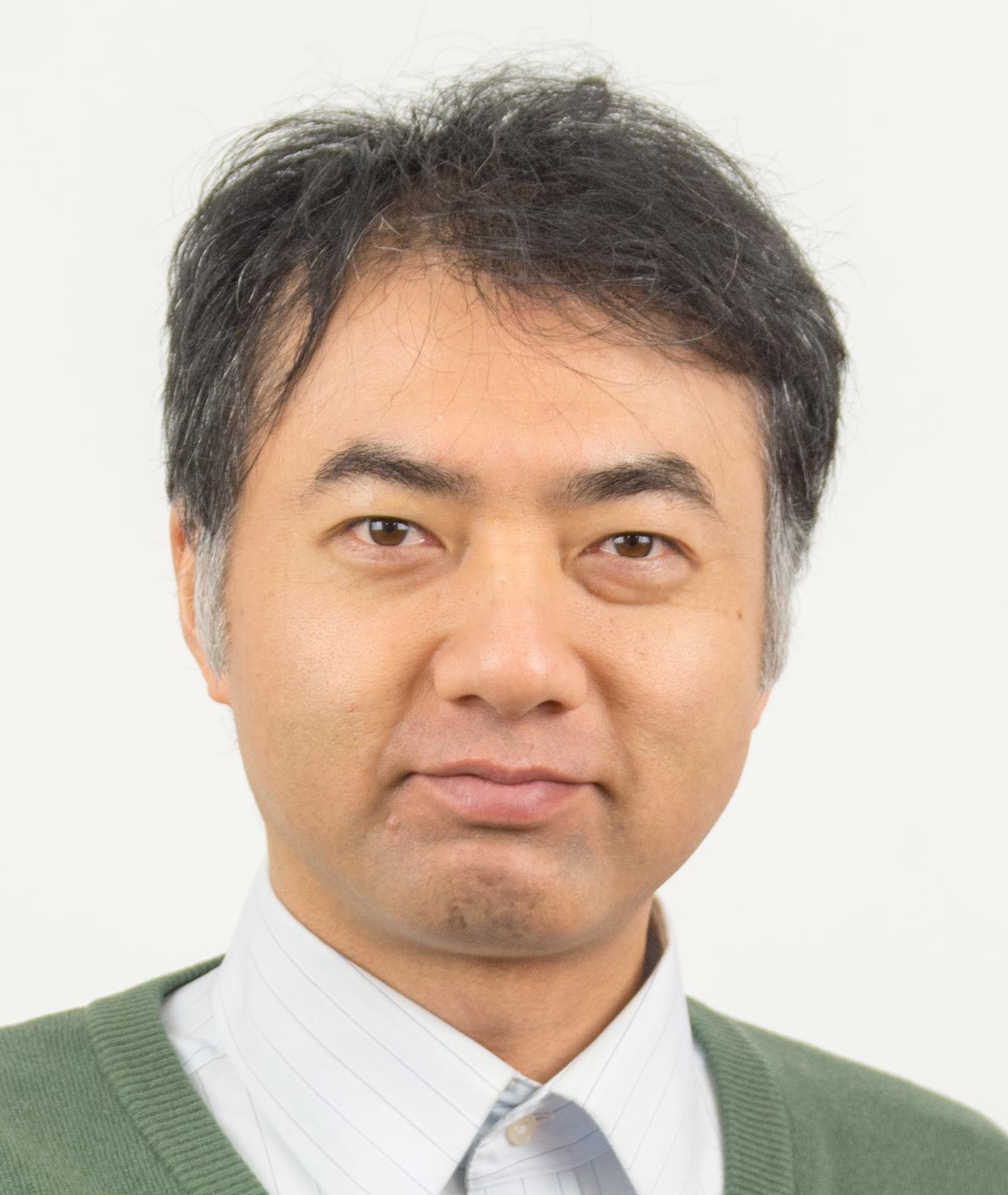 After he obtained the Doctor of Philosophy degree from University of Tokyo in 1996, he worked as an researcher associate at International Center for Particle Physics (ICEPP) of University of Tokyo for following eight years on the research of W-boson particle physics in OPAL-experiment group at CERN. He has been a Superconducting Radio-Frequency (SRF) accelerator scientist as an assistant professor in Accelerator Laboratory at KEK since 2004. And he was promoted to Senior Lecturer in 2008, to associate professor in 2015, and professor in 2024 in Accelerator Laboratory at KEK. In particular for the sustainability issues, he is working on the "Green International Linear Collider (Green-ILC)" activities for more than ten years. He has been a member of "ICFA Panel on Sustainable Accelerators and Colliders" since 2015.
After he obtained the Doctor of Philosophy degree from University of Tokyo in 1996, he worked as an researcher associate at International Center for Particle Physics (ICEPP) of University of Tokyo for following eight years on the research of W-boson particle physics in OPAL-experiment group at CERN. He has been a Superconducting Radio-Frequency (SRF) accelerator scientist as an assistant professor in Accelerator Laboratory at KEK since 2004. And he was promoted to Senior Lecturer in 2008, to associate professor in 2015, and professor in 2024 in Accelerator Laboratory at KEK. In particular for the sustainability issues, he is working on the "Green International Linear Collider (Green-ILC)" activities for more than ten years. He has been a member of "ICFA Panel on Sustainable Accelerators and Colliders" since 2015.
Sonja Kleiner - Head of CERN's HSE Environmental Group

Sonja Kleiner studied in Switzerland at the Universities of Geneva and Neuchâtel, obtaining master’s degrees in geological engineering and hydrogeology. She joined CERN end of 1998 to support the Organization in environmental matters, deepening her expertise over the years as an environmental engineer. She played a key role in the development of CERN’s strategy on water-soil-air protection, the control of industrial impacts and carbon accounting. She co-initiated the CERN Environmental Protection Steering Board (CEPS), established in 2017 to define environmental objectives for the Organization and implement actions aimed at reducing the impact of CERN’s activities on the environment. Since 2021 she has led the CERN Environment Group within the Occupational Health & Safety and Environmental Protection Unit – HSE
Prof. Dr Marumi Kado - Director at the Max Planck Institute for Physics (Werner Heisenberg Institute).

Before Marumi Kado was appointed to Max Planck, he researched and taught in the Department of Physics at La Sapienza University in Rome. He held a visiting professorship at the Weizmann Institute of Science in Israel and several positions at CERN as Project and Scientific Associate. Since 2003, he has been a member of the Centre National de la Recherche Scientifique (CNRS), the national institute for fundamental research in France.
After receiving his PhD from Pierre et Marie Curie University, Paris VI, he first worked as a CERN Fellow in the ALEPH and CMS research collaborations at CERN. This was followed by a research stay at the Lawrence Berkeley National Laboratory (LBNL) in California, USA, where he conducted research in the D0 collaboration. D0 was an experiment at the Tevatron Collider at Fermilab (Illinois, USA) that investigated the fundamental structure of matter. Professor Dr Marumi Kado was the ATLAS Deputy spokesperson from 2021-2023, and currently is a Director at the Max Planck Institute for Physics (Werner Heisenberg Institute).
Prof. Jie Gao - CEPC Accelerator Convenor
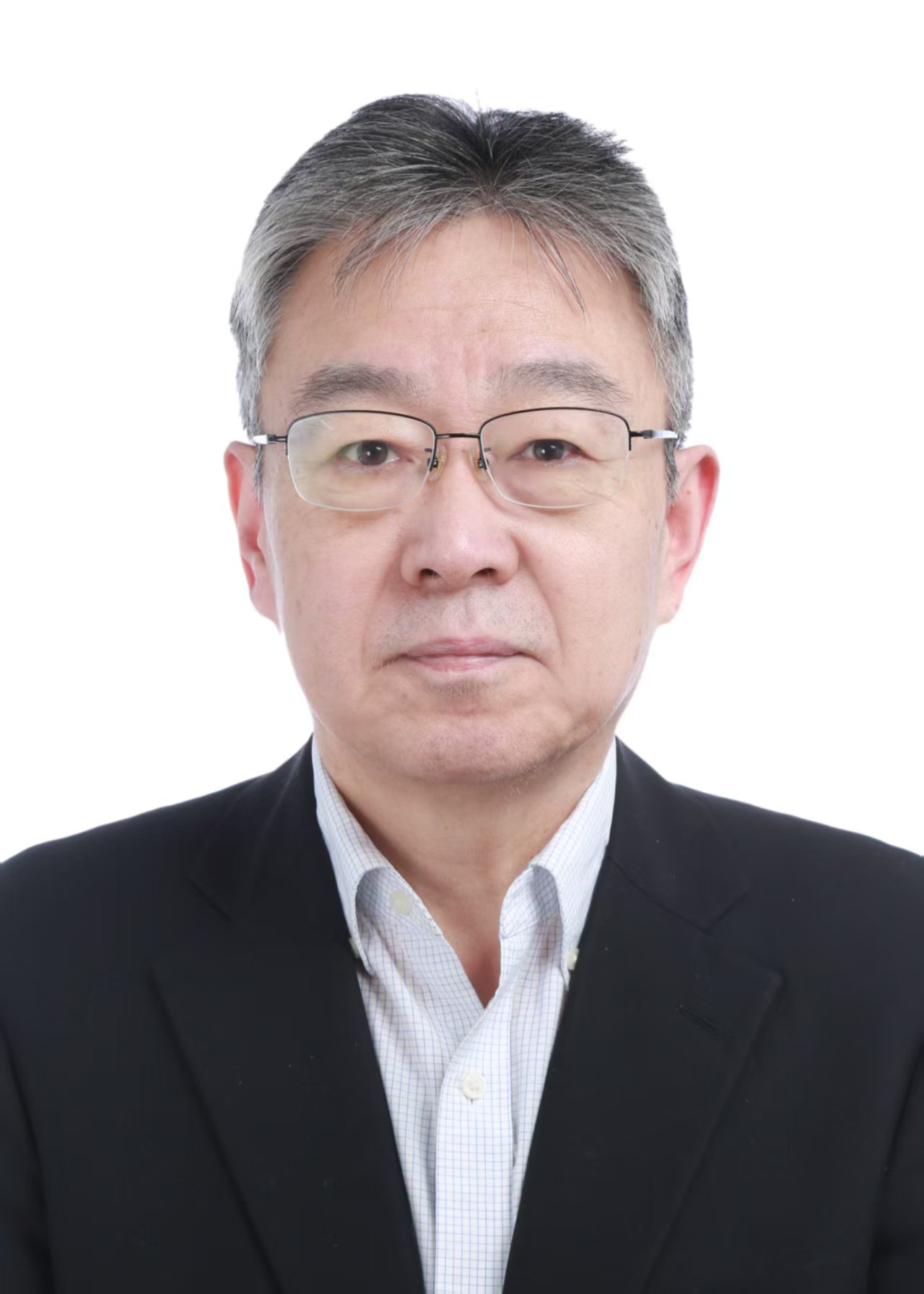 Jie Gao is Professor of Institute of High Energy Physics (IHEP), CAS, China. He obtained Bachelor and Master degrees from Tsinghua University in China, in 1983 and 1986, and obtained Ph. D and the Habilitation à diriger des recherches in University of Paris-Sud in 1992 and 1996, respectively. Since Jan. 1993 he has been a permanent employee of CNRS at Laboratoire d’Accélérateur Linéaire (LAL) at Orsay, France, and he worked extensively on linear colliders and circular colliders. Since 2005, he has been working at IHEP as full professor on ILC as GDE member and became Asia Linear Collider Steering Committee chair and Linear Collider Board member of ICFA in 2010. Since 2012, he has been working on CEPC as IB vice chair and accelerator convenor with CEPC CDR and accelerator TDR completed in 2018 and 2023, respectively and EDR started in 2024. He is CERN Machine Advisory Committee (CMAC) member, Tesla Test Facility (TTC) Executive Committee (EC) member, and ICFA Beam Dynamics Panel Member.
Jie Gao is Professor of Institute of High Energy Physics (IHEP), CAS, China. He obtained Bachelor and Master degrees from Tsinghua University in China, in 1983 and 1986, and obtained Ph. D and the Habilitation à diriger des recherches in University of Paris-Sud in 1992 and 1996, respectively. Since Jan. 1993 he has been a permanent employee of CNRS at Laboratoire d’Accélérateur Linéaire (LAL) at Orsay, France, and he worked extensively on linear colliders and circular colliders. Since 2005, he has been working at IHEP as full professor on ILC as GDE member and became Asia Linear Collider Steering Committee chair and Linear Collider Board member of ICFA in 2010. Since 2012, he has been working on CEPC as IB vice chair and accelerator convenor with CEPC CDR and accelerator TDR completed in 2018 and 2023, respectively and EDR started in 2024. He is CERN Machine Advisory Committee (CMAC) member, Tesla Test Facility (TTC) Executive Committee (EC) member, and ICFA Beam Dynamics Panel Member.
